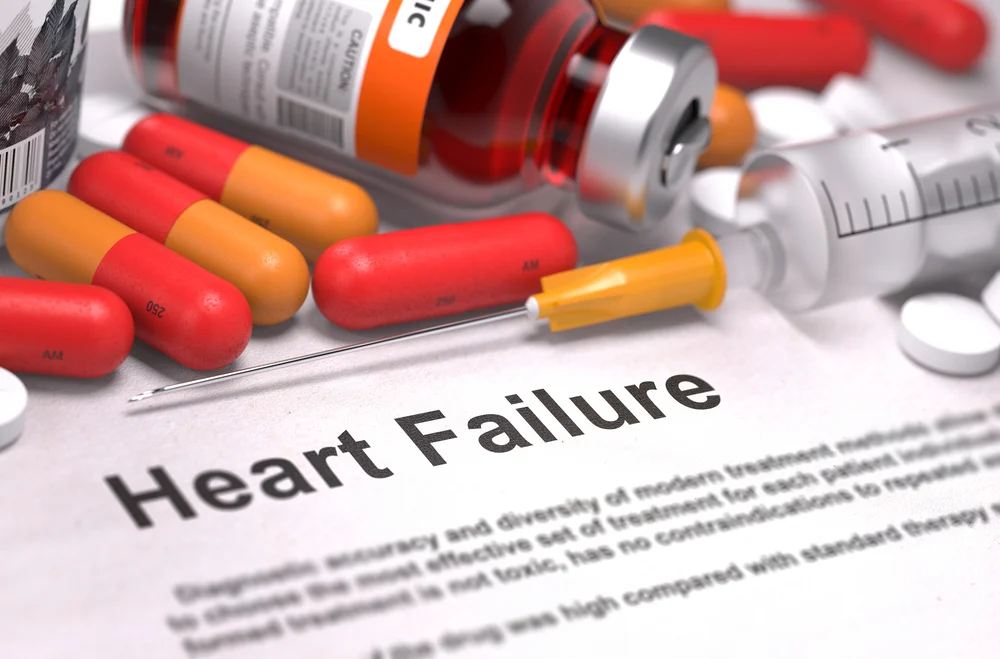Your heart works round the clock, beating over 100,000 times a day. But while we’re often worried about fat, cholesterol, and lack of exercise, we rarely think about how common medications might silently damage heart health. According to Dr. Swarup Swaraj Pal, Senior Cardiovascular Surgeon at Gleneagles Hospitals, there are everyday drugs that can increase the risk of heart ailments without us even realizing it.

From painkillers to cold medicines, here’s a detailed look at 7 commonly used medications that may negatively impact your heart over time.
🫀 Why Your Heart Might Be at Risk from Common Medications
Modern lifestyle habits like stress, poor sleep, sedentary behavior, and fast food are already stacking the odds against heart health. But when you combine those with long-term or unsupervised use of certain medications, the risk of high blood pressure, stroke, heart attack, and heart failure can quietly increase.
Let’s look at the top culprits.
1. Painkillers (NSAIDs)
❗ Risk: Heart attack, high blood pressure
Non-steroidal anti-inflammatory drugs like Ibuprofen, Diclofenac, and Nimesulide are widely used for headaches, body aches, and fever. However, they can:
-
Raise blood pressure
-
Cause fluid retention
-
Increase risk of heart attack or stroke, especially at high doses
Dr. Swarup warns, “Even short-term use of NSAIDs has been shown to raise heart risks, according to a British Medical Journal study.”
Avoid long-term use without a physician’s advice, particularly if you already have heart disease or hypertension.
2. Decongestants
❗ Risk: Elevated heart rate and blood pressure
Cold or flu got you down? Medications like Phenylephrine and Pseudoephedrine may help a stuffy nose but hurt your heart.
These ingredients narrow blood vessels, increasing blood pressure and heart rate. Not ideal for those with:
-
Hypertension
-
Existing heart problems
Overstimulation of the heart can increase the risk of emergency complications, according to the Annals of Emergency Medicine.
3. Antidepressants
❗ Risk: Heart rhythm abnormalities
Drugs like Amitriptyline (tricyclics) or Fluoxetine (SSRIs) help treat depression but may cause:
-
Increased heart rate
-
Irregular heartbeats in people with arrhythmias or structural heart disease
Dr. Swarup advises that patients with heart concerns should consult both psychiatrist and cardiologist before using or switching antidepressants.
4. Anti-Diabetic Medications
❗ Risk: Heart failure from fluid retention
Drugs like Pioglitazone, used to manage Type 2 diabetes, are sometimes associated with fluid buildup, which may lead to:
-
Swelling or weight gain
-
Congestive heart failure in high-risk individuals
If you’re a diabetic with heart problems, it’s essential to monitor symptoms and stick to a cardiologist-supervised treatment plan.
5. Certain Antibiotics
❗ Risk: Irregular heartbeat (Arrhythmia)
Antibiotics such as Azithromycin and Clarithromycin may slightly increase the risk of QT prolongation — a condition that affects the heart’s rhythm.
In people with:
-
Heart disease
-
Those on multiple medications
…this could potentially be dangerous.
Always inform your doctor of your heart history before starting antibiotics.
6. Corticosteroids
❗ Risk: High blood pressure, heart attack
Steroids like Prednisone, used for asthma, arthritis, and allergic conditions, can greatly affect cardiovascular function.
Risks include:
-
Water and sodium retention
-
Elevated blood pressure
-
Increased chance of heart issues with prolonged use
A study in the Canadian Respiratory Journal linked oral steroid use to increased myocardial infarction incidents.
7. Weight Loss Medications
❗ Risk: Stroke, heart attack, palpitations
Some drugs prescribed for obesity and appetite control — including Sibutramine (now banned in many countries) — have serious cardiovascular risks.
Such drugs can:
-
Raise blood pressure
-
Overstimulate the heart
-
Lead to stroke or arrhythmia with unsupervised use
Dr. Swarup emphasizes: “These drugs must never be used without proper medical supervision.”
✅ Protecting Your Heart: What You Should Do
Tips for Safe Use of Medication:
-
Always check with your doctor before starting any new medicine
-
Never self-medicate long-term, especially for pain or cold symptoms
-
Disclose your heart history to your general practitioner before prescriptions
-
Get regular heart health screenings if you’re on long-term medications
📝 Takeaway: Your Medicines Might Be Harming Your Heart Without Your Knowledge
Heart disease doesn’t always start in your diet — it can start in your medicine cabinet. If you’re taking any of the drugs above, ask your healthcare provider whether there are heart-safe alternatives. The key is awareness and supervision.
Make informed choices and monitor your heart — because prevention is always better than cure.